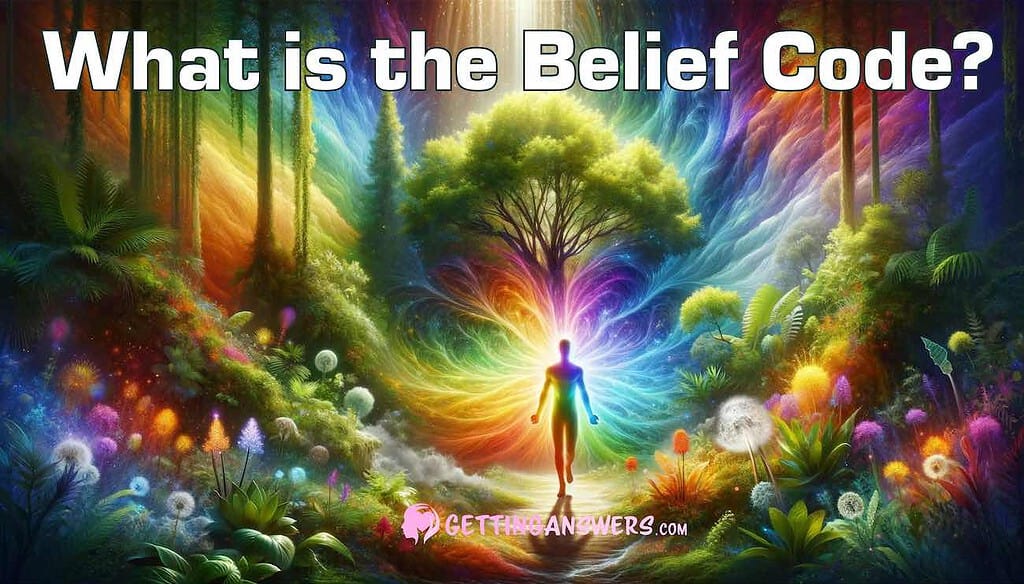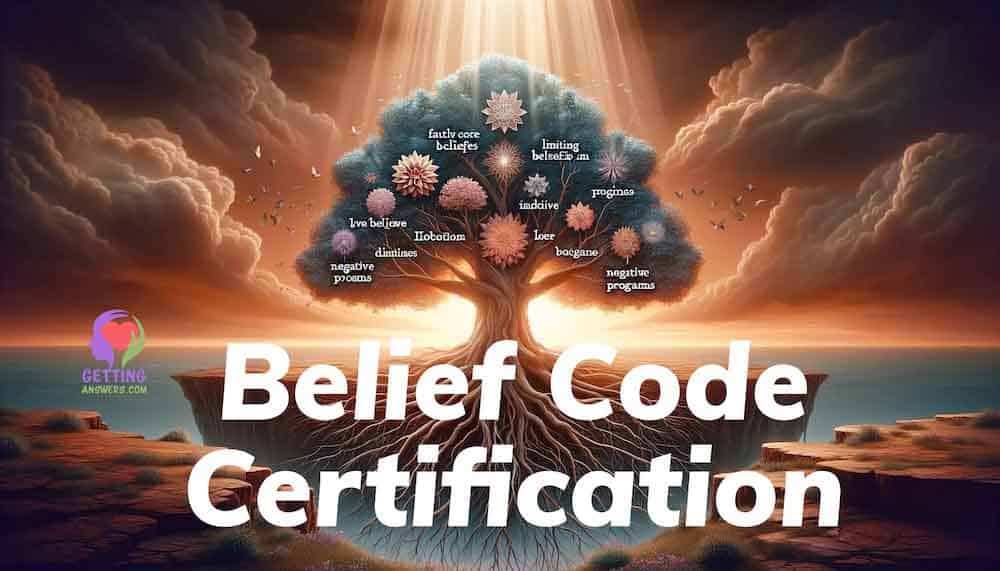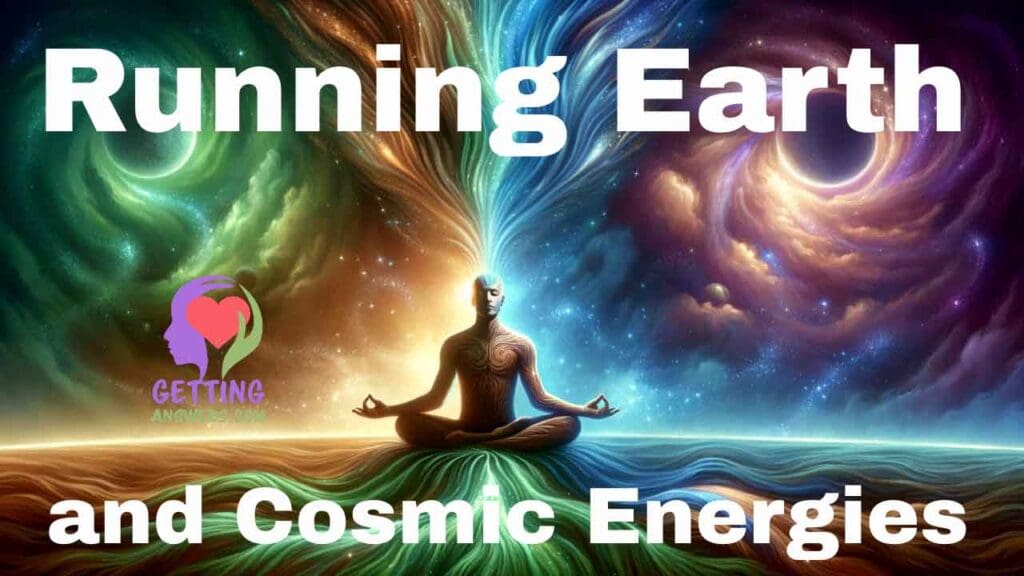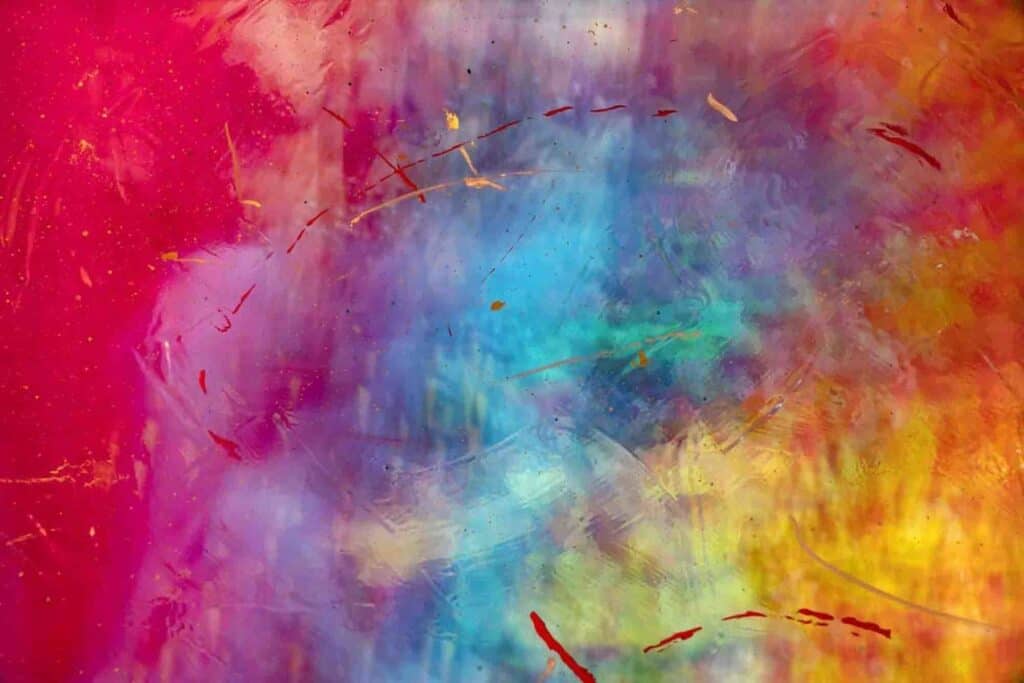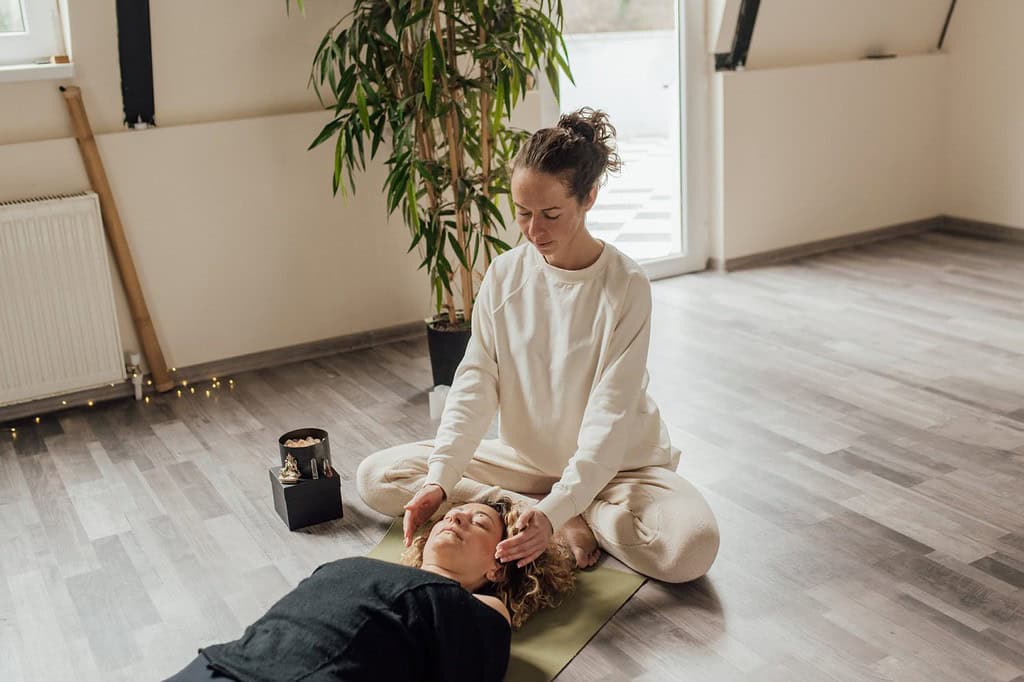Are you wondering how to become an Energy Healer? Energy healing is an alternative form of healing that aims to balance and restore energy flow within the body. It is based on the belief that the body has an energy field or aura and that blockages or imbalances in this field can lead to physical, emotional, and spiritual problems. Energy healers use various techniques to manipulate this energy field and promote healing, such as Reiki, acupuncture, and Qi Gong.
If you're interested in how to become an energy healer, there are a few steps you can take to get started:
- Research different types of energy healing: There are many different types of energy healing, each with its own philosophy and techniques. Do some research and find out which type resonates with you the most. Some popular forms of energy healing include Reiki, Pranic healing, and Quantum Touch.
- Take courses or workshops: Once you've identified the type of energy healing you want to pursue, look for courses or workshops in your area. Many energy healers offer training programs that will teach you the basics of energy healing and give you the skills you need to start practicing.
- Practice on yourself: Before you start practicing on others, practicing on yourself is essential. This will help you understand how energy healing works and deepen your appreciation for its benefits. You can use visualization, meditation, and breathing exercises to balance your energy field.
- Practice on others: Once you feel comfortable with your own practice, start offering energy healing sessions to friends and family members. This will give you the opportunity to refine your techniques and build your confidence as an energy healer.
- Build your knowledge and skills: Energy healing is a lifelong practice, and there is always more to learn. Take advanced courses, attend workshops and conferences, and read books and articles about energy healing to continue expanding your knowledge and skills.
- Develop your own practice: As you gain experience as an energy healer, you may want to develop your own practice. This could include setting up a home practice, renting a client space, or offering distance healing sessions online. Consider joining professional organizations for energy healers to connect with others in the field and learn more about the business side of energy healing.
- Practice self-care: Energy healing can be an enriching practice, but it can also be emotionally and energetically draining. It's important to practice self-care to avoid burnout and maintain your own balance. This could include things like getting enough rest, eating well, practicing yoga or meditation, and seeking out your own energy-healing sessions from other practitioners.
Learning how to become an energy healer is a process that requires dedication, practice, and ongoing learning. By taking these steps and staying committed to your practice, you can become a skilled and compassionate energy healer who helps others on their healing journey.
My recommendations on how to become an Energy Healer
My energy healer practice started with Reiki healing. I love Reiki and use it almost every day but I found it was too “general” and not specific enough. Reiki healing is also associated with in-person sessions. I was more interested in remote sessions via phone or video conferencing.
Emotion and Body Code Energy Healing
In these articles, I discuss how to become a certified Emotion or Body Code Practitioner.
Emotion Code Certification & Body Code Certification
The Emotion Code Certification Review
I've spent many years helping hundreds of clients, and I highly recommend the certifications!
Solex AO Scan Energy Healing

The Solex AO Scanner is one of the most impressive products ever. I can scan myself or my clients' energetic frequencies to find imbalances in the physical and energetic parts of the human body.
Next, a “healing recipe” of frequencies is sent back to the body to start the healing process.
The results are amazing and very specific!


